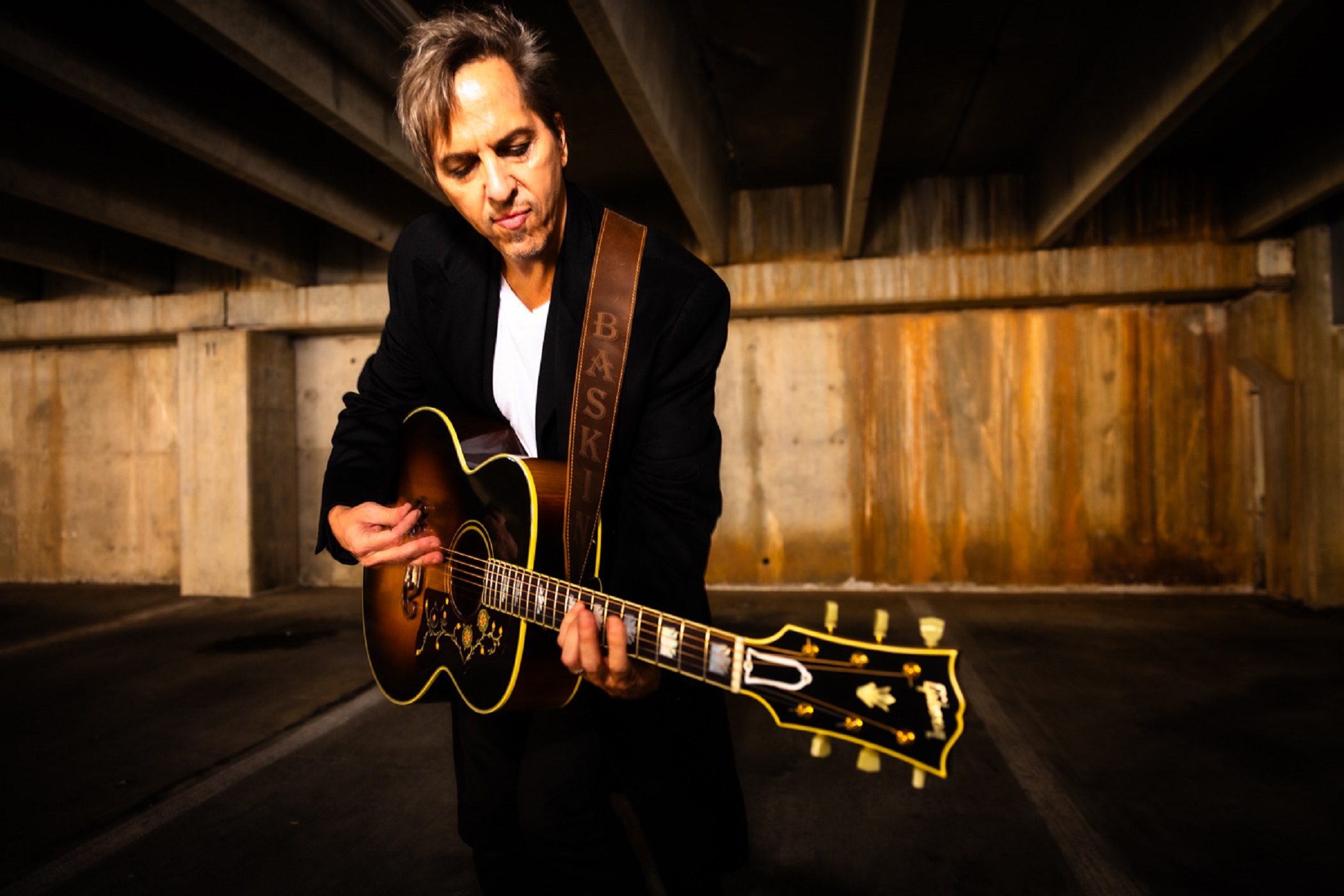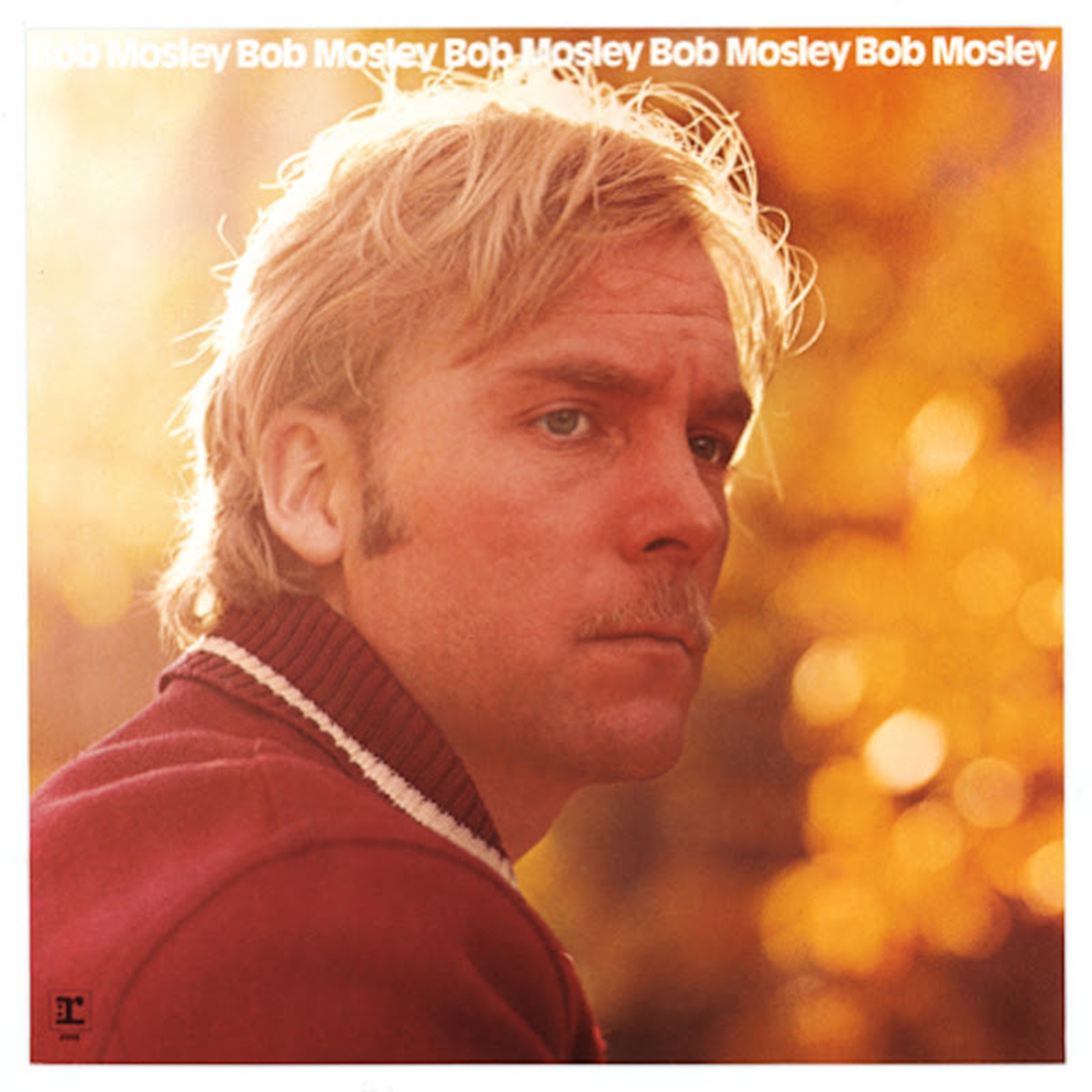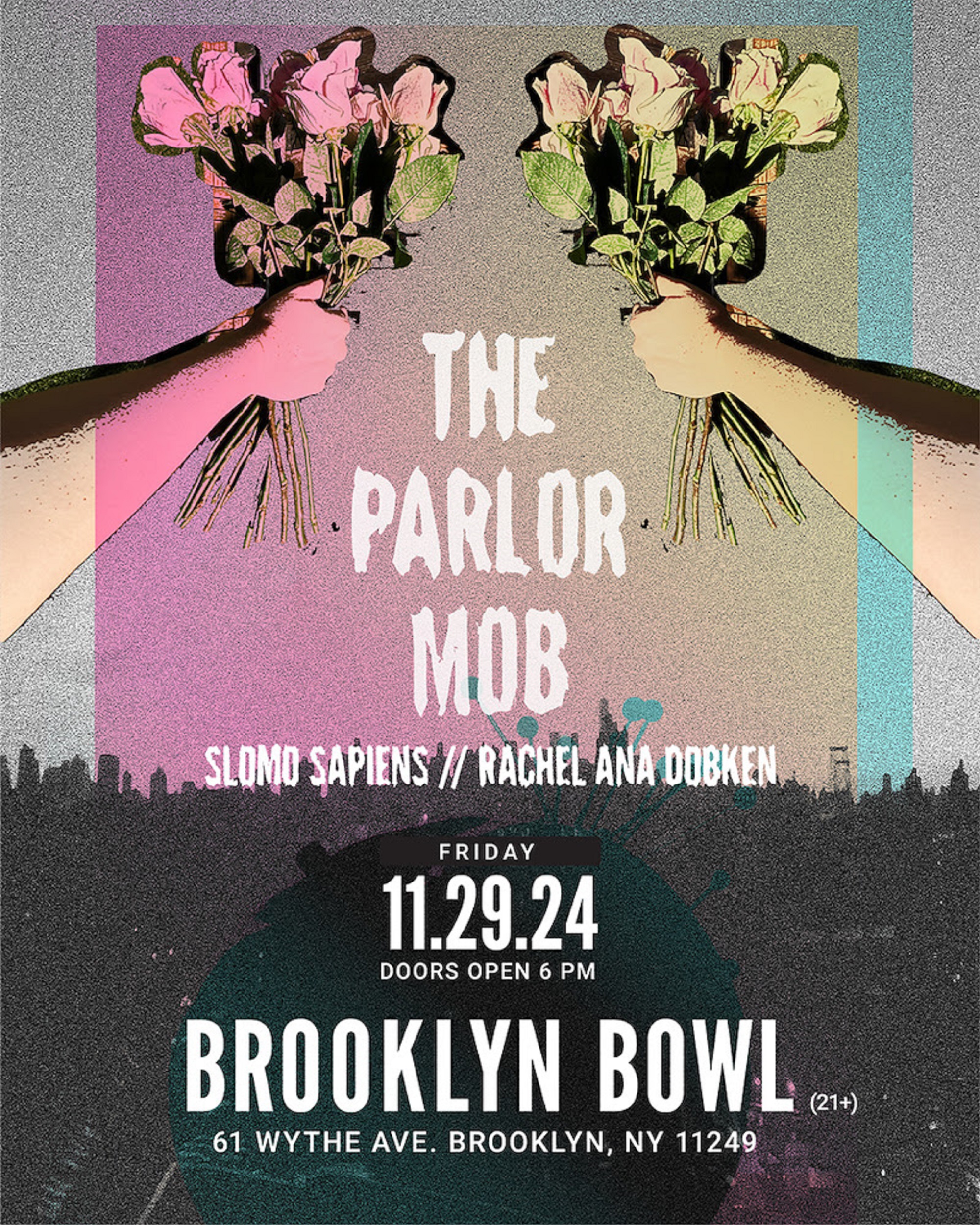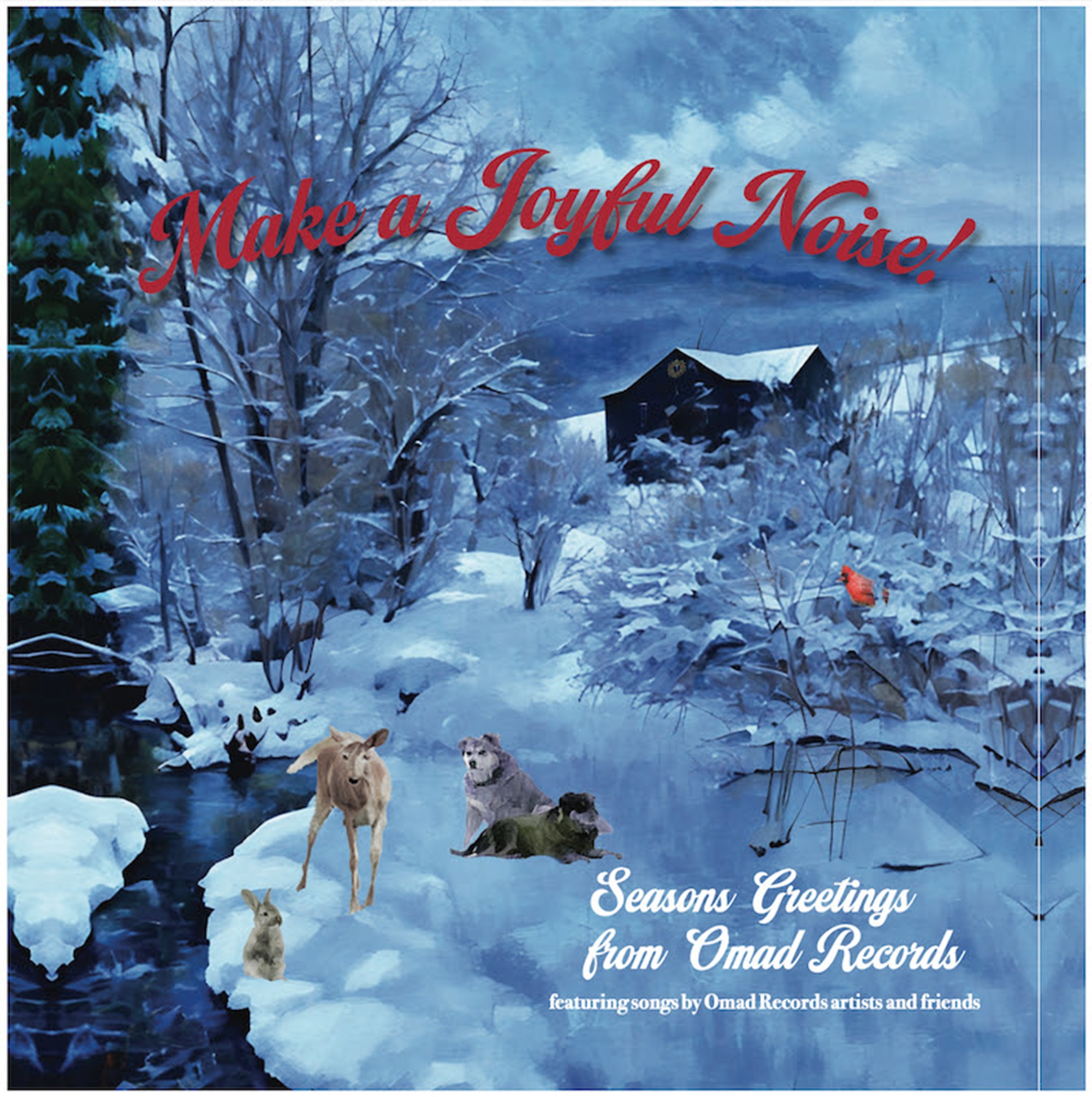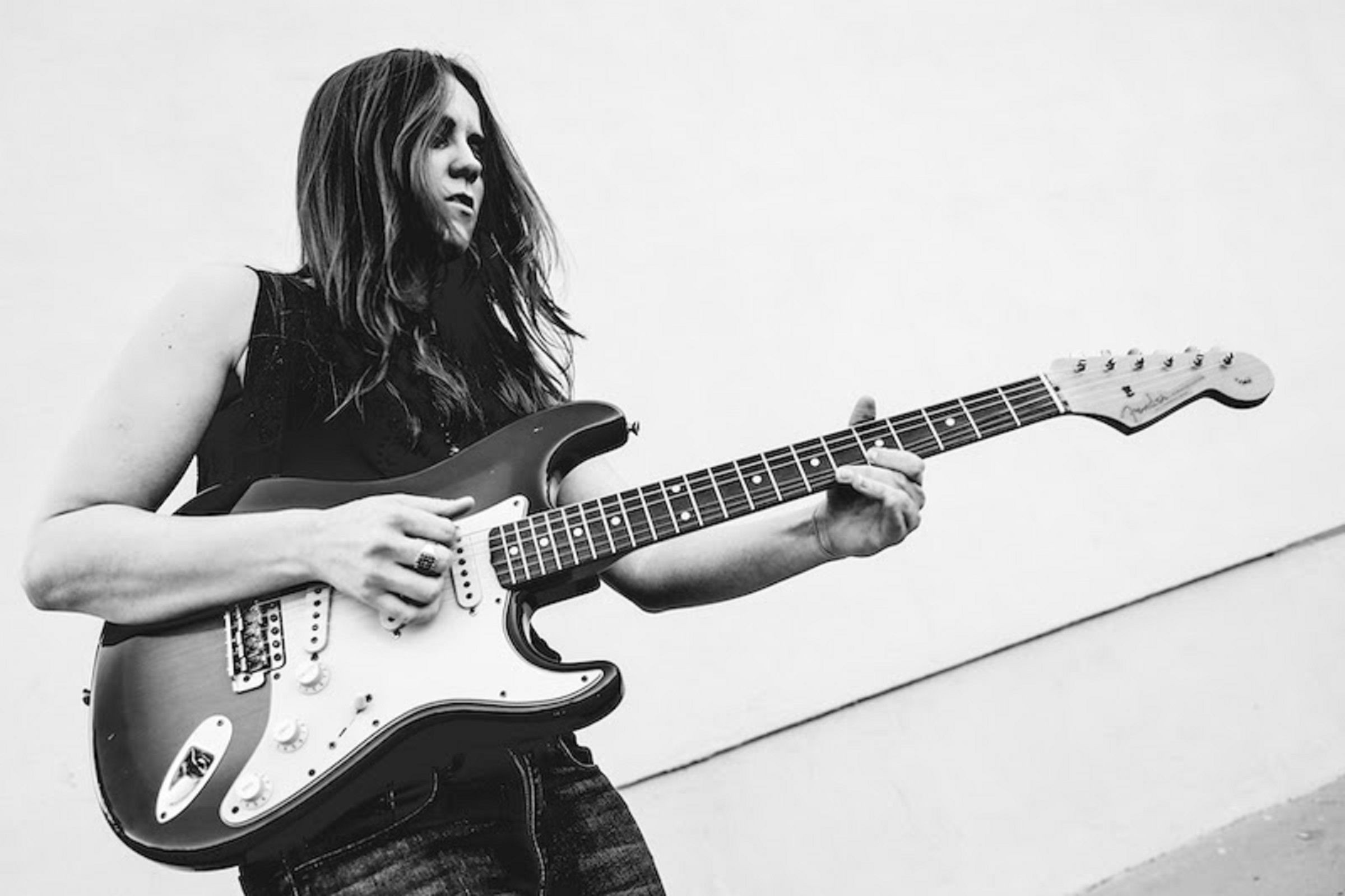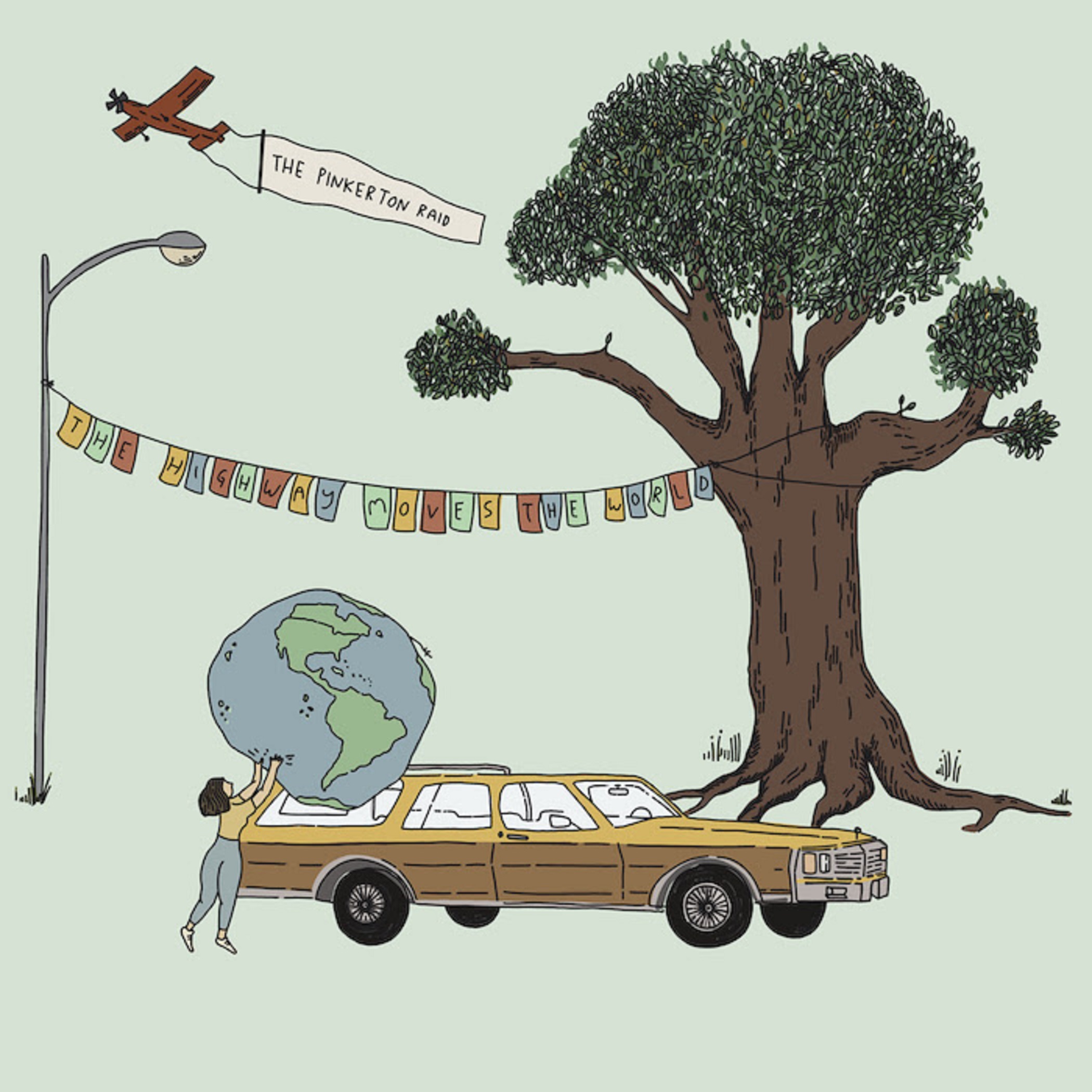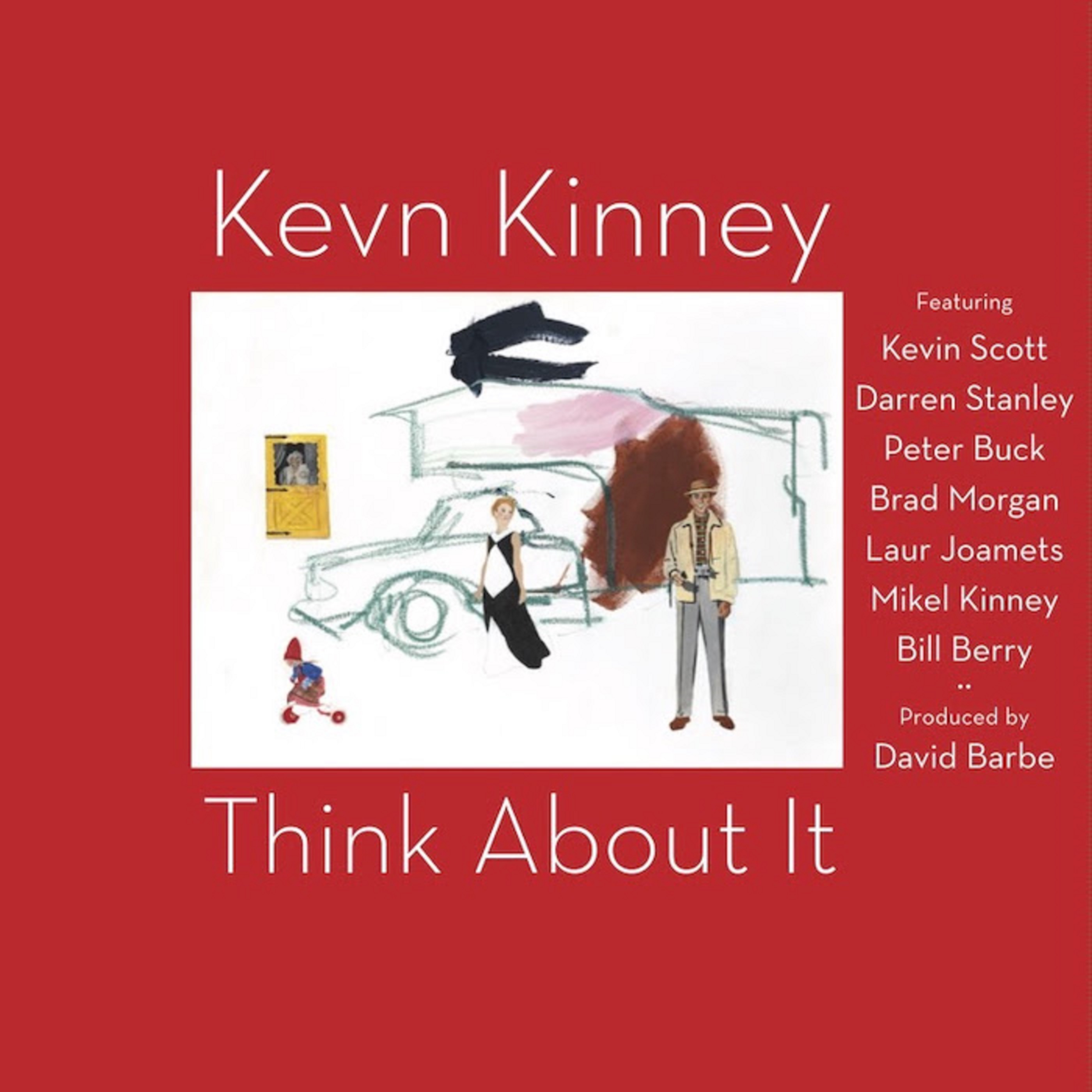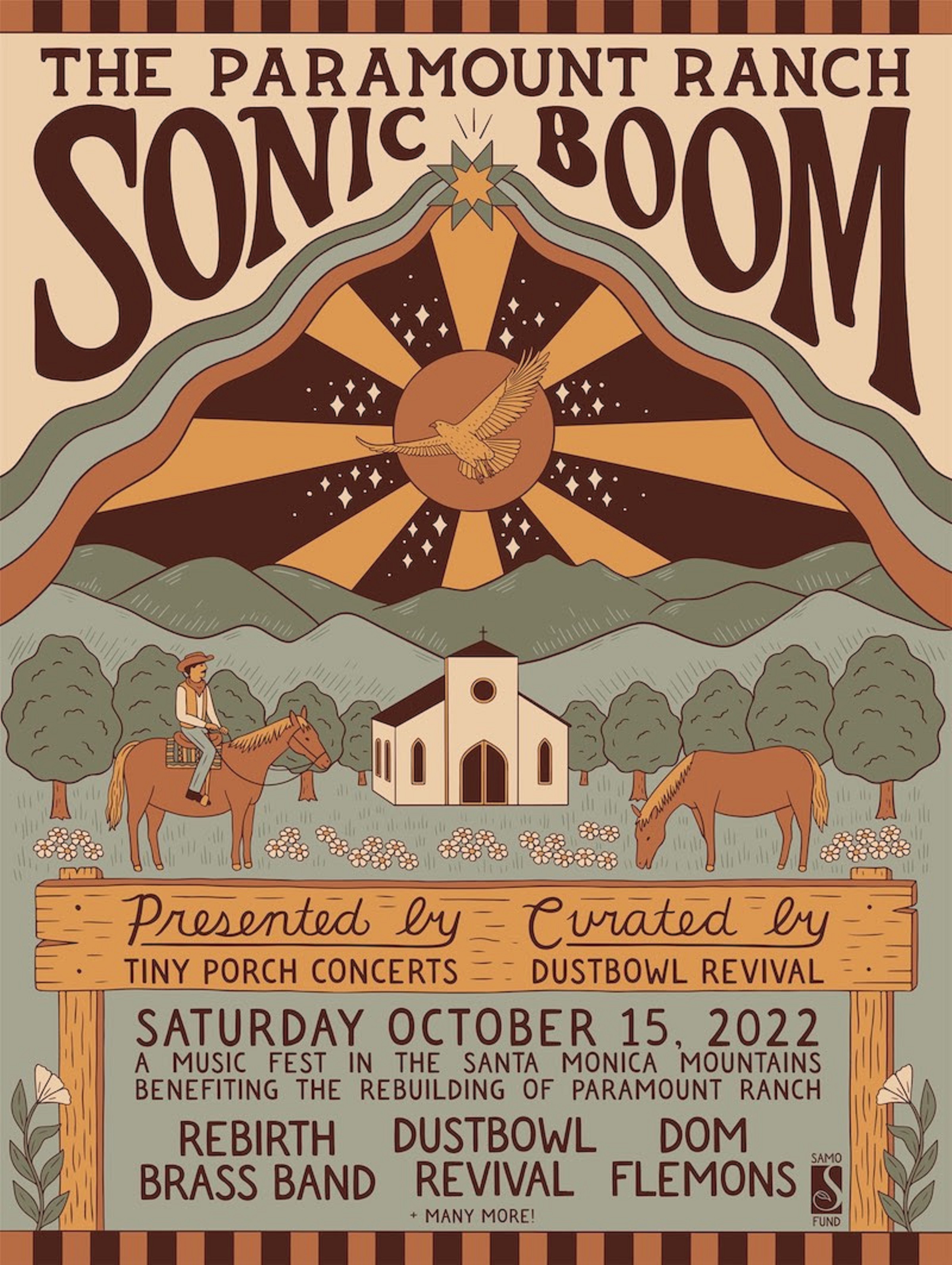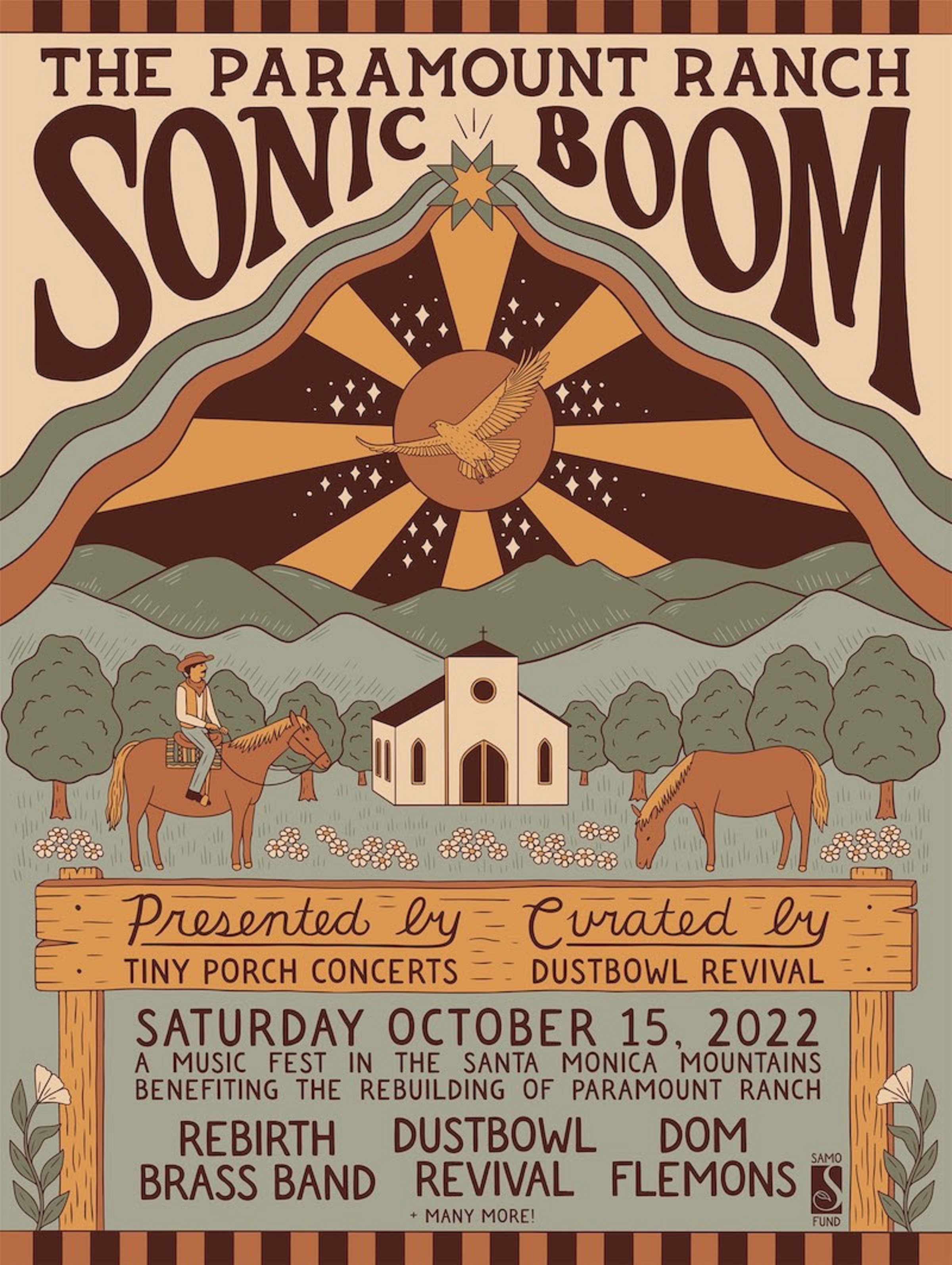Steve Baskin and the Fourteens’ new album, Love Is Hard, is the kind of sophisticated, soulful statement of a record that comes only with decades of hard-earned experience—at life and love and music.
“Having been around the block a few times, Love Is Hard is a set of songs that brings a grownup perspective on love and relationships from just about every angle,” Baskin says. “It deals with marriage, family, community, losing a close friend, and our divided world.”
Musically, Love Is Hard dabbles in California country, blues, folk and roots rock, but at its core the record is built on a solid foundation of Baskin’s signature blue-eyed Americana soul, showcased by album highlights such as “I Believe in You,” “Do What You Wanna Do,” “And You Want War” and the album-opening title track. On these songs, Baskin brought in Atlanta’s FunkCake Horns to provide a potent blast of brass that’s as indebted to classic Memphis and Philly soul as it is to contemporaries JJ Grey & Mofro, Leon Bridges, Nathaniel Rateliff & the Night Sweats, St. Paul & the Broken Bones. Which all makes sense when you learn that a young Baskin cut his teeth on the road backing legendary soul artists such as Sam & Dave’s Sam Moore, Percy Sledge, Carla Thomas and The Shirelles.
“Back in the ’80s and ’90s, when I was really still just a kid, I was in this band in South Georgia, and it was one of the only good reading bands, so when all those old soul and R&B artists would come through, we were the band they would call. They’d pick us up in Valdosta, Ga., and we'd go to Jacksonville or Atlanta or wherever the gigs were, and be their backing band. Which made for a pretty solid musical education.”
A key ingredient that propels Love Is Hard is the chemistry between Baskin and his band, the Fourteens: guitarist Roger Brainard, backing vocalist Mary Gill, her husband drummer Geoff Gill, bassist Mark Sobus, and pedal-steel wizard Mark van Allen, whose credits include Blueground Undergrass, Guy Clark, Warren Haynes, Zac Brown Band, Leftover Salmon, Vassar Clements, Peter Rowan, Sugarland, the Indigo Girls and more.
“We have so much fun playing together,” Baskin says. “It's a good core group of people—some really different people who come from different places—but everybody loves each other, and there’s this super happy energy when we play.”
At the core of the synergy on display across Love Is Hard are Baskin’s decades-long relationships with Brainard and his mix man and co-producer Rich Herring—both of whom he’s known and played music with since he was just a teenager.
“I met Roger when I was 14,” Baskin says. “I used to walk across the street to the music store to look at guitars and Roger was the guitar guy at the shop. We go way back—I remember playing him the first song I ever wrote. About a decade ago, we reconnected and started writing and playing together again. He's just a phenomenal guitarist. And Rich, who co-produced the new record with me, we used to play in bands together in high school and college. He ended up in Nashville right after high school and has made his living as a session player and engineer. We’re very much of the same mind and really hear music the same way, so we’ve been making records together for a decade now.”
The sessions for Love Is Hard—Baskin’s fifth album—began at Lee Davis Studios in Maysville, Ga, a sleepy Southern town of less than 2,000 about 70 miles Northeast of Atlanta. There, in the large tracking room, the band promptly knocked out all the bass and drum parts, the keys (provided by studio owner Davis) and the horns. “We were doing a lot of shows with the band leading up to the record,” Baskin says, “so we were tight enough to be able to just walk in and nail the takes live. I think we cut five songs in four hours that first day.”
Next, the production shifted to Baskin’s Atlanta-based home studio, where the focus was on vocals, additional guitars and sweetening. “I really see Love Is Hard as an extension of my last record Mind Your Step,” the 2020 album that Baskin largely co-wrote with Brainard and recorded with Grammy-winning producer Mark Neill (The Black Keys, Charley Crockett, Old 97’s). The record garnered praise from Glide Magazine, Music Connection, Vents, Americana Highways and more.
In addition to The Fourteens, Love Is Hard also features co-producer / auxiliary guitarist Herring, engineer / keyboardist Davis, guest steel player Smith Curry (Taylor Swift, Merle Haggard, Willie Nelson), and guest organ player Barry Best, along with the FunkCake Horns.
Baskin’s new record is a musically diverse affair as it unfolds its thematic arc. “We Thought We Were Grown” evokes The Eagles circa 1974’s On the Border. It’s a ballad that looks back knowingly on the naivete of nascent love from the perspective of a couple that’s now been together for more years than they haven’t. “And You Want War”—a soulful, southern-fried swamp rocker with a riff worthy of Mountain’s Leslie West—explores the political divide in American families. And “The One Percent” serves up some New Riders of the Purple Sage-style twang while reminding us that—genetically speaking—us humans have 99 percent more in common than we don’t.
The folky, singer-songwriter turns of “Girl From Indiana” and “Give a Damn About Today” tip their hat to Gold-era Ryan Adams, the former a tribute to a departed friend who succumbed to depression, and the latter a carpe-diem anthem inspired by 9/11. “Devoted to You” is an autobiographical Stones / Faces-channeling roots rocker that recounts the struggles—and eventual joys—of unexpectedly becoming a young parent. And there’s a particularly breezy rendition of ’60s jangle-pop classic “Pleasant Valley Sunday,” a cover of Baskin’s childhood favorites The Monkees.
One of the album’s Americana-soul anchors, “Do What You Wanna Do” explores personal ethics to a snaky Muscle Shoals groove, while “I Believe In You”— a song borrowed from Baskin’s old Sam Moore bandmate Barry Best—deftly bridges the Northern / Southern soul gap between The Delfonics and Al Green. And the track that perhaps best sums up Baskin’s new album, title song “Love Is Hard” mines similar sonic territory, swathed in blankets of Hammond organ and punctuated by Brainard’s stinging B.B. King-reminiscent blues licks.
“The idea of the song ‘Love is Hard,’” Baskin says, “is that it's a lot easier to walk away from a relationship than to actually stay and make it work long-term. The falling in love part happens fast, but it’s the hard part that happens over the next 20 or 30 years that is the most satisfying and worthwhile.”
It’s a statement of devotion and purpose, for Baskin’s new record, for enduring love, and for a musical journey that seems to get sweeter with each subsequent release.





